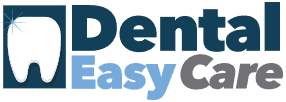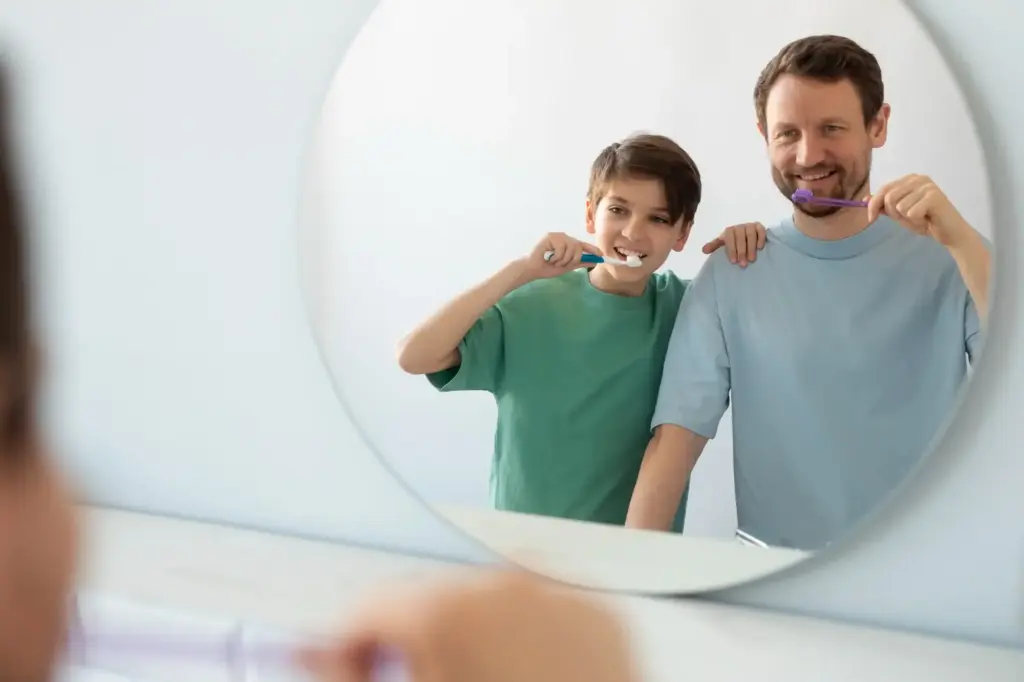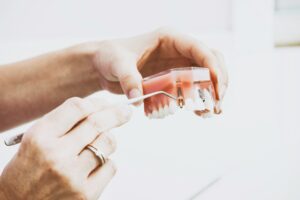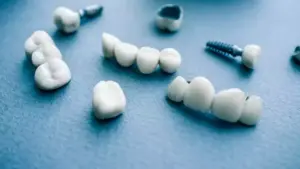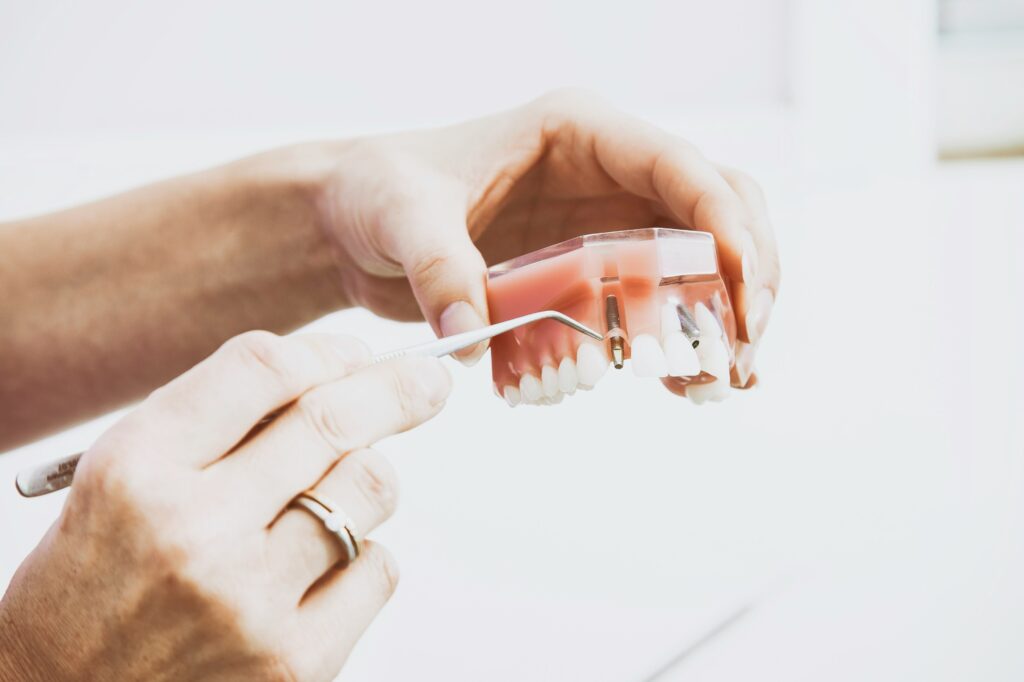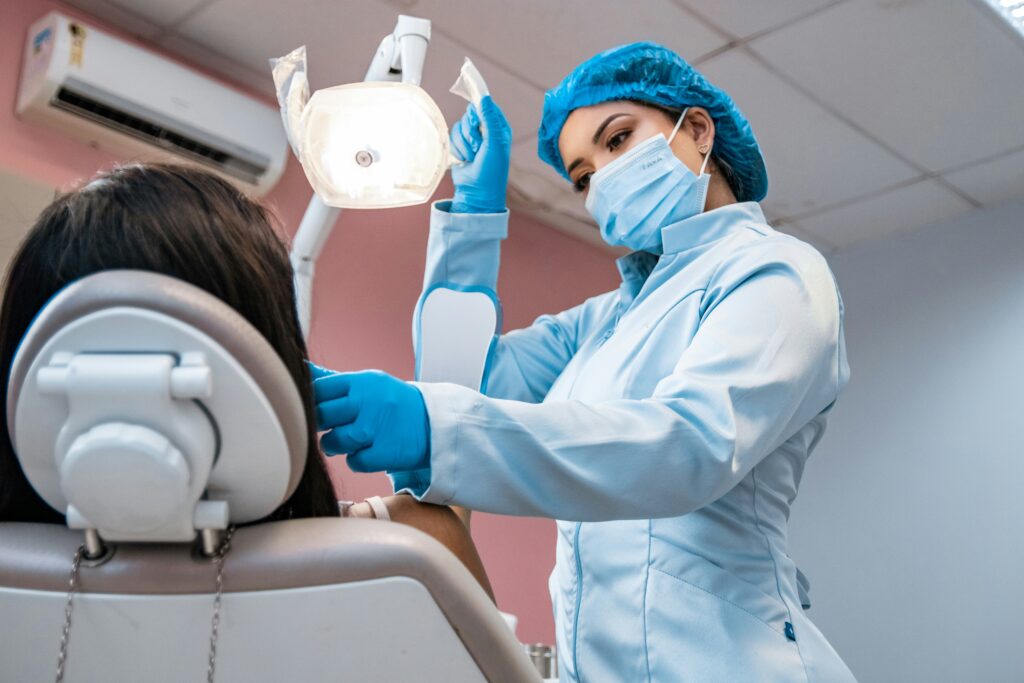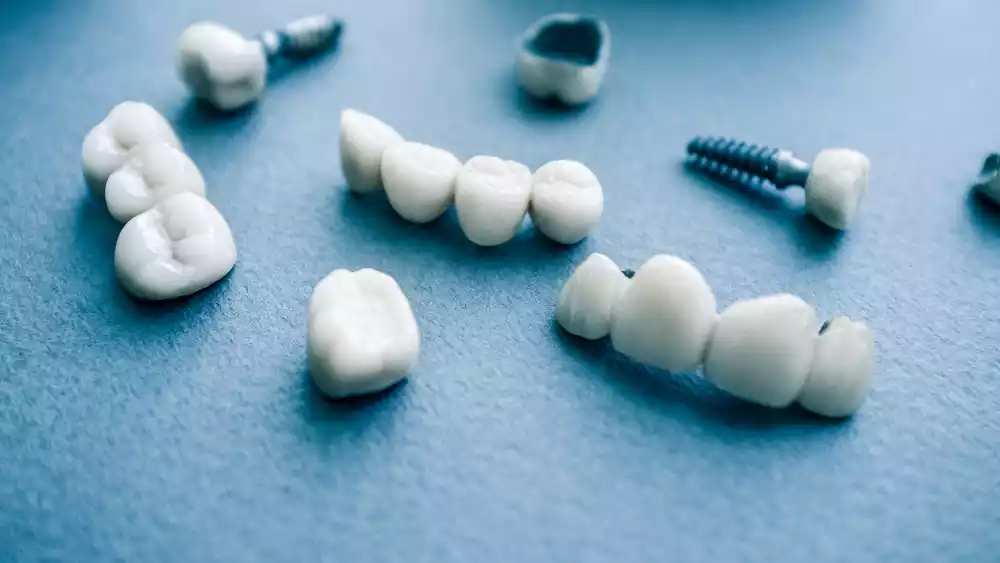Ensuring healthy oral hygiene is essential for overall well-being. A strong oral hygiene routine not only helps maintain a bright smile but also supports overall health, preventing numerous dental and systemic conditions. Whether you are starting to focus on your oral health journey or looking to enhance your current routine, understanding how to achieve and maintain healthy oral hygiene is key to long-term wellness.
The importance of healthy oral hygiene
Oral hygiene is more than just keeping your teeth white; it involves caring for the entire oral cavity to prevent disease and other complications. Establishing a habit of healthy oral hygiene offers multiple benefits:
- Prevents tooth decay: Regular oral hygiene prevents the buildup of plaque, reducing the risk of cavities.
- Reduces risk of gum disease: Consistent care minimizes the chances of developing gingivitis and periodontitis, which can lead to tooth loss.
- Enhances overall health: Good oral hygiene practices contribute to better heart health, lower diabetes complications, and decrease risks of respiratory infections.
- Boosts confidence: A healthy smile can significantly boost self-esteem and enhance social interactions.
Key habits for the best oral hygiene
To establish and maintain good oral hygiene, incorporate these essential habits into your daily routine:
1. Regular brushing
Brushing your teeth at least twice a day is non-negotiable for oral hygiene. Here are some tips:
- Use the right toothbrush: Choose a soft-bristled toothbrush that fits comfortably in your mouth. Electric toothbrushes can be more effective in removing plaque.
- Use fluoride toothpaste: Fluoride strengthens tooth enamel and helps prevent cavities.
- Follow proper technique: Hold your toothbrush at a 45-degree angle to your gums. Use gentle, circular motions to clean the front, back, and chewing surfaces of each tooth.
2. Daily flossing
Flossing once a day is crucial for cleaning areas between your teeth that a toothbrush can’t reach.
- Choose quality floss: Use a floss that glides easily between your teeth. Consider using floss picks or water flossers if you find traditional floss difficult to handle.
- Gentle technique: Be gentle and avoid snapping the floss into your gums, as this can cause damage.

Additional practices for healthy oral hygiene
Beyond brushing and flossing, these additional practices can enhance healthy oral hygiene:
3. Mouthwash Use
Incorporating a mouthwash in your daily oral care routine can help remove food particles, fight bacteria, and freshen breath.
- Choose the right mouthwash: Opt for an antiseptic mouthwash that helps kill bacteria and reduce plaque. Fluoride rinses can also be beneficial for strengthening teeth.
4. Balanced diet
Your diet plays a substantial role in maintaining healthy oral hygiene.
- Limit sugars and acids: Reduce sugary and acidic food and drinks that contribute to enamel erosion and cavities.
- Nutrient-rich foods: Focus on a balanced diet rich in vitamins and minerals like calcium and phosphorus to support strong teeth and gums.
- Hydrate: Drinking water helps wash away food particles and bacteria, maintaining moisture in your mouth that prevents dry mouth.
5. Avoid harmful habits
Certain habits can compromise healthy oral hygiene:
- Quit smoking: Smoking stains teeth, promotes gum disease, and increases the risk of oral cancer.
- Limit staining beverages: Reduce consumption of coffee, tea, and red wine that can stain your teeth. Use a straw if possible to minimize contact with your teeth.
Professional dental care for healthy oral hygiene
Regular dental visits are crucial for maintaining healthy oral hygiene. Here’s why:
6. Routine check-ups and cleanings
Schedule a dental check-up every six months for a professional assessment and cleaning. These visits allow for early detection of dental issues and thorough cleaning to remove plaque and tartar buildup.
7. Personalized advice
During dental appointments, seek personalized advice on improving your oral hygiene habits. Only professionals can provide insights based on your specific conditions and needs.
8. Dental treatments
Your dentist can recommend additional treatments to protect your teeth, such as dental sealants or fluoride treatments, especially if you are prone to cavities.

Addressing common oral hygiene concerns
It’s essential to be proactive in addressing common concerns that might affect healthy oral hygiene:
- Bad breath: Persistent bad breath can indicate underlying issues. Maintain consistent brushing, hydration, and seek professional advice if it persists.
- Bleeding gums: Gums that bleed during brushing or flossing may signify gum disease. Consult with your dentist if this occurs regularly.
- Tooth sensitivity: Switch to toothpaste designed for sensitive teeth and avoid extremely hot or cold foods.
Building a routine for lifelong oral health
Creating and maintaining a routine that supports healthy oral hygiene can lead to a lifetime of benefits. Here are tips to ensure consistency and success:
- Set a schedule: Brush and floss at the same time every day to build an enduring habit.
- Use reminders: Set reminders on your phone to prompt you for brushing and flossing until it becomes second nature.
- Encourage family participation: Promote healthy oral hygiene among family members for collective motivation and accountability.
Trust the experts for your oral health needs
All roads to a sparkling smile and optimal oral health lead to maintaining healthy oral hygiene practices. For exceptional dental care, look no further than Dental Easy Care, the leading choice for dentists in Tijuana. Our experienced team is committed to delivering high-quality dental services and personalized care to meet your unique needs.
Contact us today to schedule your appointment and discover why we are the best option for your dental health.
